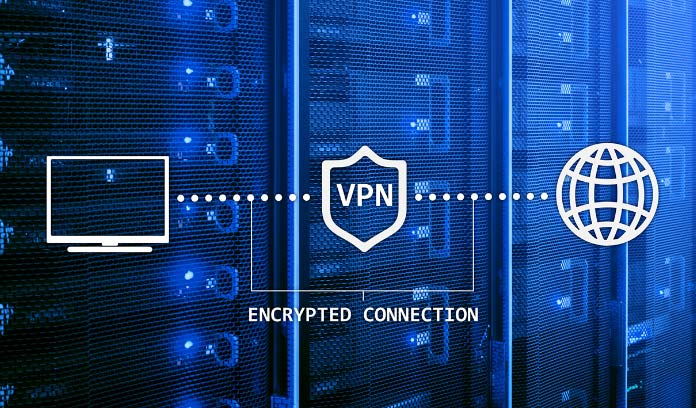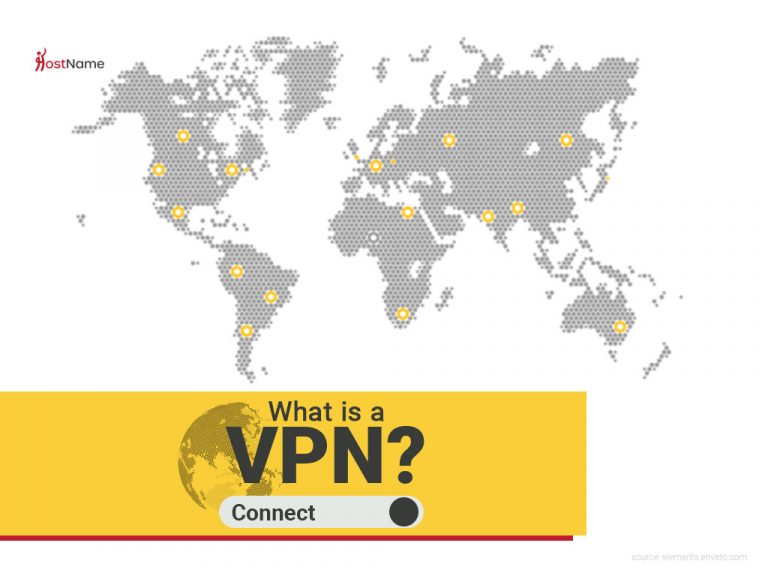There are various reasons you may not want your online activities public. Using a VPN can help you achieve that goal. But VPNs are so much more. Would you like to hear about them? Thought so… Don’t know what a VPN is? Let’s start by telling you what it is then.
Table of Contents
What exactly is a VPN?
Virtual Private Networks (VPNs) create a safe passage for the information you send and receive while online. As we started out saying, you may not want your browsing information to be made public, and generally, you are entitled to some privacy when using the Internet. However, this isn’t always the case, so VPNs help even the playing field.
For example, to access the Internet, you will need an Internet Service Provider (ISP). ISPs can see your online activity; some might even sell this information on to marketers or may have to legally hand it over if required by law. On a more sinister and frightening note: hackers love public Wi-Fi since they are a breeding ground for personal information.
And not to scare you, but there are other ways your data can be intercepted or become exposed. So ready to hear why you should use a VPN?
What does a VPN do?

Let’s begin with the issues we just raised.
1. A VPN can limit the amount of information that your ISP gathers about your browsing history. To access a website, you need an IP address unique to your location, which means anyone with the know-how can easily identify you and your computer.
2. A VPN can protect your personal data from hackers. Using public Wi-Fi exposes your data to any tech-savvy person intent on stealing your credit card number, social security, or other personal identifying information to use for personal gain, while you are left picking up the pieces.
3. A VPN can help you access geo-blocked content. If you travel often, or simply want to access content that cannot otherwise be viewed in your current location, use a VPN. This doesn’t sound as bad as you may think, because if you subscribe to a service that is geo-location controlled such as Netflix, then you might not be able to access your favorite show when you travel without the help of a VPN.
4. A VPN can override censorship restrictions. If you live in certain parts of the world where, for various reasons and lengths of time, the government may restrict access to parts of the Internet, using a VPN will ‘lift’ the ban. This is similar to using a business network, such as a school’s, which comes with restrictions. VPNs can help you override these restrictions, which again, isn’t as bad as it sounds, since you may rely on social media to successfully execute your job functions
5. A VPN can help you easily download that movie you so badly need to watch. Most persons using the BitTorrent protocol wish to do so anonymously, and using a VPN is their solution.
But how do VPNs do all of that?
The answer is two-fold and has to do with how information moves around the Internet. Remember we told you that your computer needs a unique IP address to navigate the vastness of the Web? VPNs also work with IP addresses.
1. Using proxy IP address
Without a VPN, your computer sends a request for information, such as a website or for Netflix to call up a specific movie. The receiving server reads the IP address and checks whether it is in a location able to receive this information. If it is, then the requested screen loads, but if not, you must sit through more reruns.
But with VPNs, your IP address is replaced with a proxy. This will show that you are in a location set by the VPN other than where you actually are. Let’s get practical. It’s the height of Game of Thrones, and you need to travel to possibly the only place on Earth HBO does not have permission to broadcast this series. When you land, you configure your VPN to say that you are still in your home country (by using a proxy IP address), and voila! The latest episode of Game of Thrones appears on your computer.
2. Encrypting your data
Guess what, VPNs do not do anything in halves, so there is another step. To protect your data from interfering third parties, VPNs encodes it before sending it. Again, we’re going practical. Between your device and the server that you wish to reach lay many opportunities for your information to be intercepted and stolen since it is not protected.
Source: Giphy
Without a VPN, your information travels freely and openly through the world wide web. VPNs however, send your information through a tunnel specifically created for you in order to add another layer of security to slow down hackers. Think of it as walking from your house to the store. If it rains, you will get wet since you are without an umbrella, but if you take the underpass, whether or not it rains is irrelevant since you are sheltered the entire way.
VPNs and Web Hosting
If you are a website owner, virtual private servers (VPS) are like VPNs to the average web user. As a web host, the burden falls on you to protect your customers’ details. One way you can do that is by using a VPS as the first layer of security, which you can then supplement by adding a VPN. Read about the myriad benefits using a VPS brings.
Summary
VPNs help you stay safe and retain some amount of privacy while using the Internet. They do this by encrypting your data, as well as using proxy IP addresses. A VPS and VPN combination is the best way to go for website owners.







